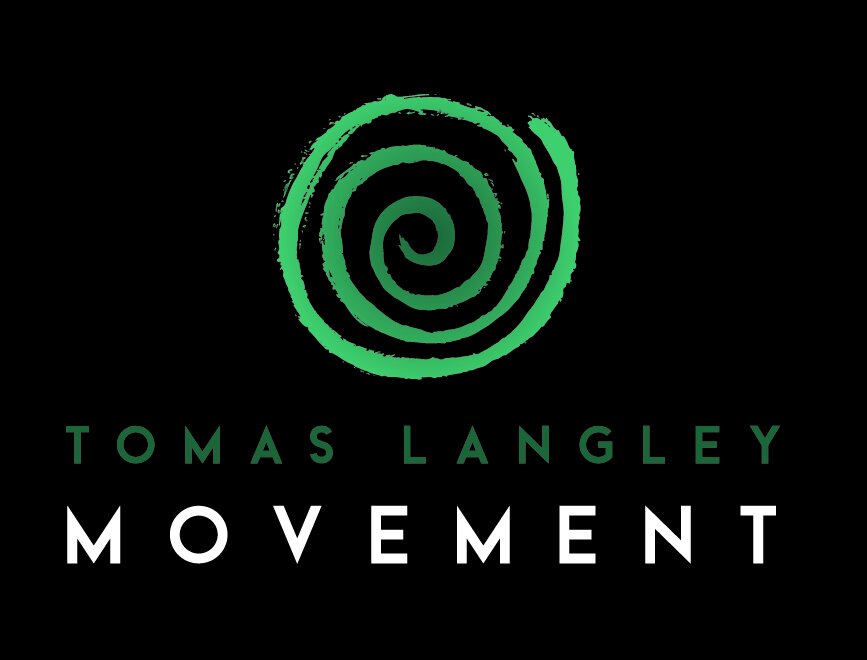Our bodies are well adapted to eating whole, minimally processed foods. Eating this sort of food helps you to thrive.
In the nutrition space, it's common to say that you should avoid processed foods. It's good advice, but it's worth putting some thought into exactly what "processed" means to you.
Processing foods makes them bad. There's a conversation to be had about what processed means.
Every time you cook at home, you're processing food. How you cook it changes how you'll be able to digest it, making different macro and micro nutrients available to you.
My favourite example of this is that simply slicing or crushing garlic causes it to release a compound called allicin that has generally beneficial properties when consumed. It's not available if you don't crush or slice the garlic and the process stops in the presence of heat.
So cut your garlic first, leave it on the chopping board for 15 minutes before you cook with it.
Maybe the line should be that "processed" is okay if you're the one doing the processing.
But even this is a big line. When was the last time you milled your own grain to make flour? Or made your own yoghurt? Or minced the meat for your own sausages?
The more you can cook at home, the better. But don't get too hung up on avoiding processed foods - just be aware of the line is for you.
